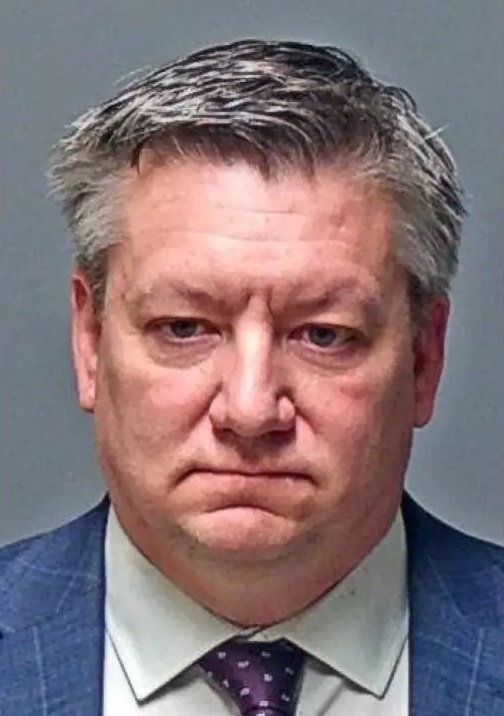Students First Act May Break School Spending Paradox

Granite Staters are about to get more information about school spending thanks to the pro-transparency Students First Act that Gov. Chris Sununu signed into law this week.
The law requires school districts to detail basic information like the average cost per pupil, average teacher salary, and the salaries of the top administrators in their public reports. Too often, these details are not broken out before voters are asked to pass budgets at the ballot box, according to lawmakers.
“I think that parents are looking for accountability and transparency in education, and this bill takes us further in that direction,” said bill co-sponsor and House Education Committee Vice Chair Rep. Glenn Cordelli, (R-Tuftonboro.)
The Students First Act was originally introduced as SB 219, which ended up getting defeated during a House vote in May. It was subsequently added to HB 1265 which passed and was signed into law.
Another cosponsor, Sen. Keith Murphy (R-Manchester,) called the bill a common-sense law that gives taxpayers and parents the information they need to make informed decisions about budgets and tax rates.
“It’s so taxpayers can see where the money is going in their districts,” Murphy said during his testimony for the bill earlier this year.
New Hampshire’s public education system is spending more money to educate fewer students than ever before, according to Murphy. And the bulk of that money isn’t going to teachers in the classrooms, he said.
“Over the last two decades our cost per pupil is up 77 percent adjusting for inflation, while our teacher salaries are only up one percent,” Murphy said. “In the same 20-year period [the number] of our non-teaching staff is up 80 percent, the number of teachers is up only 23 percent.”
In the last 20 years, New Hampshire’s student population has declined more than 11 percent throughout the state, while the cost per pupil is at a record average of more than $20,000.
The Students First Act mandates that school districts make public annual reports that show a 10-year history of average cost per pupil in that district, average teacher salary, and total administrator salaries, all adjusted for inflation. Additionally, districts must include a table listing the top four highest-paid administrators.
Murphy said it is possible for the average parent or taxpayer to find this information, but only with hours of research through district documents.
Shannon McGinley, executive director at conservative advocacy group Cornerstone Action, said the bill will let parents know how much they are paying for district staff who don’t actually teach.
“These non-teaching staff include DEI consultants and auxiliary superintendents who enjoy six-figure salaries while often failing to demonstrate any return on the taxpayers’ considerable investment in their hiring,” McGinley said in a Cornerstone oped.
“By requiring school districts to report salaries for administrative positions and DEI consultants ahead of local school budget meetings, (the law) would shed light on these obfuscated costs for taxpayers before they are forced to foot the bill.”
One example: Rachael Blansett was hired in 2022 by the Oyster River School District in Durham, N.H., for a salary somewhere between $95,000 and $105,000 as a DEI officer.
Cordelli thinks the bill will clear away misinformation about what is really going on in school by making the numbers clear and available for everyone.
“A lot of people have no idea how much is being spent in public schools per student, even among teachers,” Cordelli said.
Cordelli hopes showing how many non-teaching administrators there are and how much they earn will help explain the New Hampshire education spending paradox.
“At some point, parents and voters are going to say ‘why is the budget continuing to go up when the enrollment keeps going down,’” Cordelli said.




